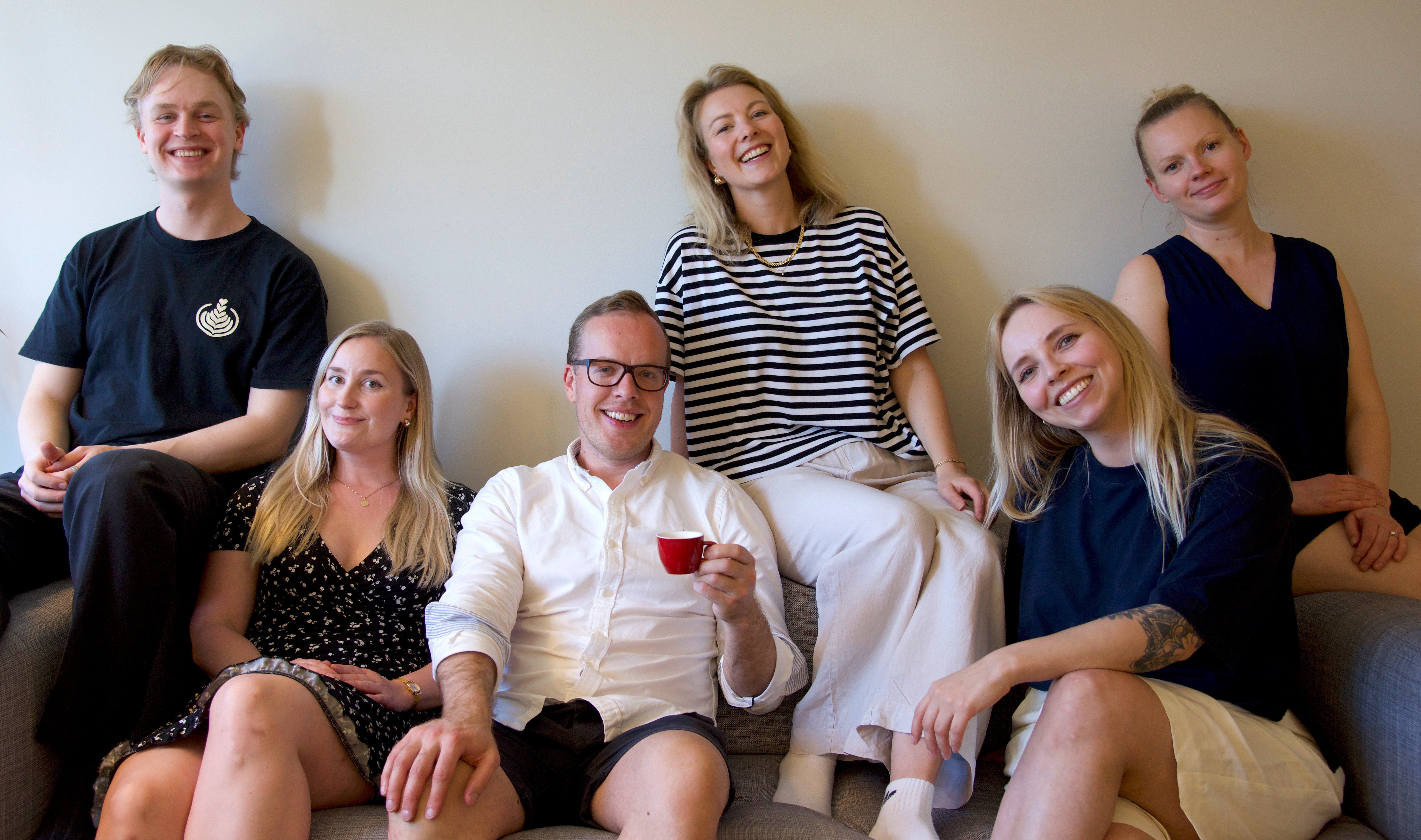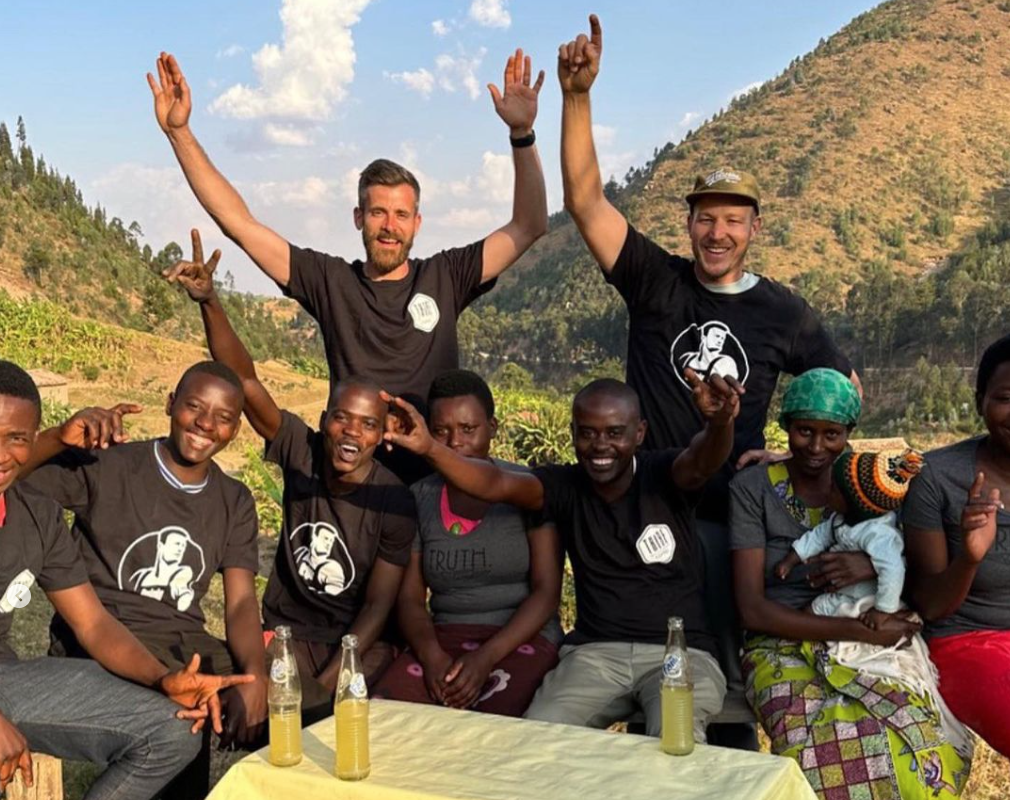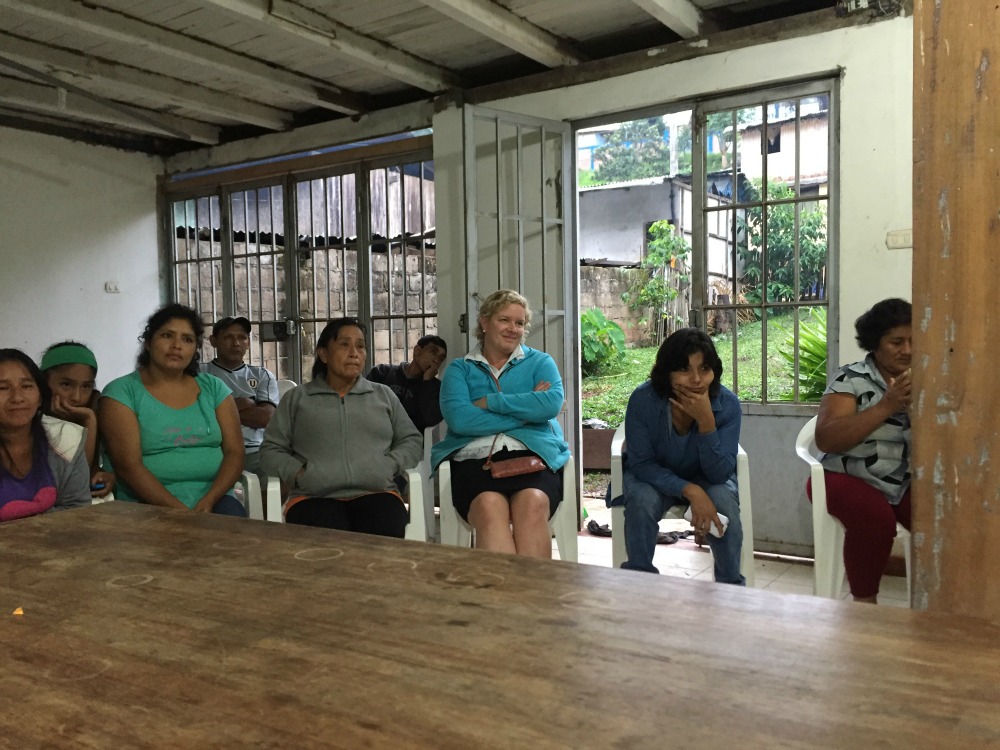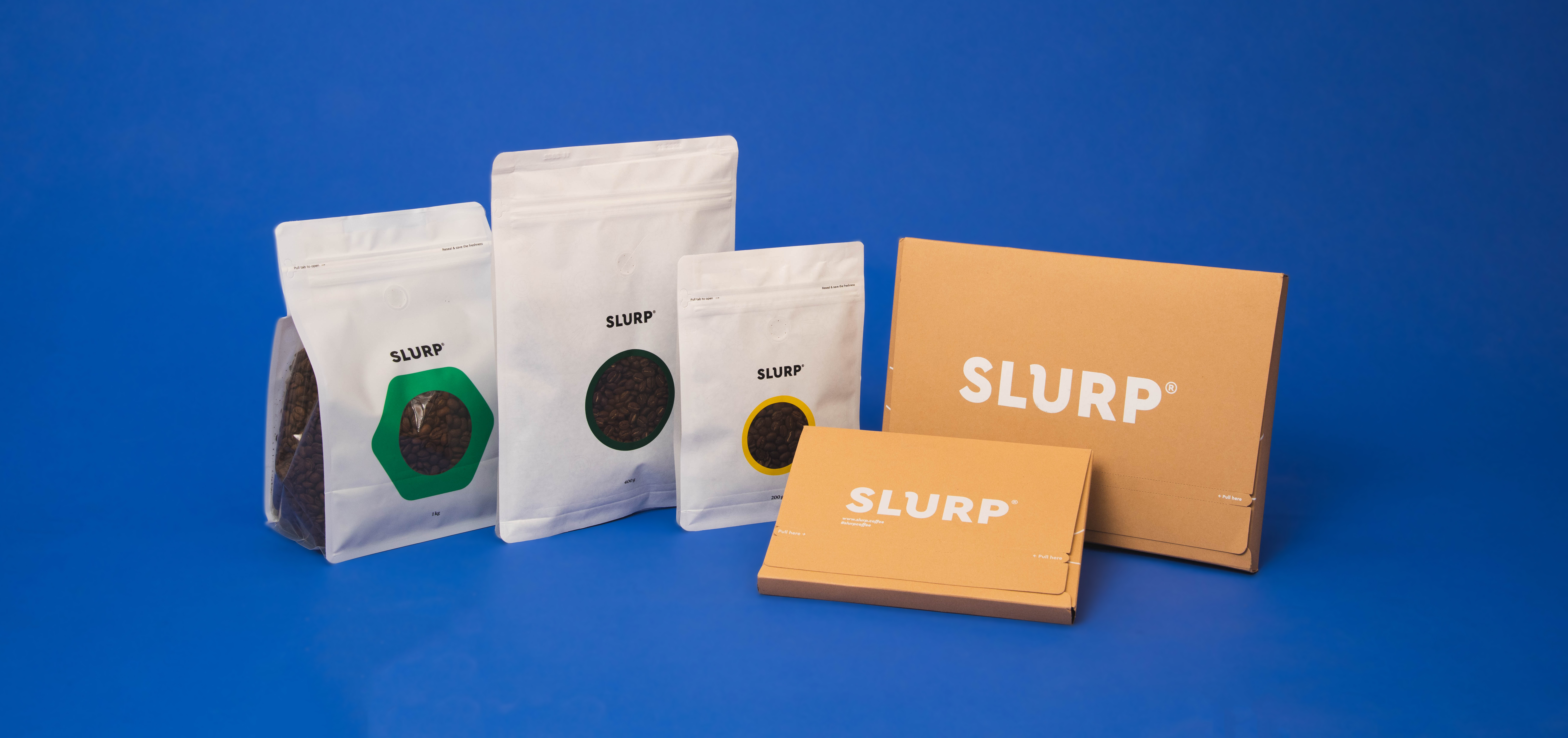Coffee delivered home
– how do we take sustainability into account?
Most of us have started our coffee consumption by buying whatever affordable coffee we get our hands on. But after tasting something different and trying artisan coffee, you probably have noticed that all coffee is not as good. Not as good in taste, quality, freshness and sustainability-wise. We are on a mission to create a community with people who want to love every cup of coffee they drink. The fun thing about this is that in order for coffee to taste good, it’s more likely to also be produced, imported and roasted more sustainably.
All our coffees are roasted to order – no warehousing or accidental surplus leaving coffee to expire. SLURP coffee experience subscription aims to provide a possibility to have just the right amount of coffee for your consumption. Sustainability is a factor that needs to be taken into account more and more in our everyday lives – including our coffee consumption. This way, when enjoying your coffee, you’re also doing good at the same time!

Our choices at the office
The whole team at SLURP is committed to consuming less, but better coffee. We share information among our team and our employees also pass on the same message to their immediate communities. We’re lucky because every member of our team cares about sustainability and is working towards choosing more sustainable options through their own actions – both in the office and at home!
Some simple and easy ways to be more thoughtful regarding your coffee consumption, is simply drink less coffee, but make each cup better in flavour and quality. In coffee, less is definitely more. Especially in the Finnish coffee culture, households and offices are used to making a lot more coffee than what actually is needed. This results in a high amount of coffee waste. We believe the best way to avoid this is always making just the right amount of coffee in each situation. Coffee travels a long way from the farm to our cup, so there’s no point in pouring it down the drain, right?
Our roaster partners
We are committed to working with artisan roasters who source their coffees directly from farmers (direct trade) or through specialty coffee importers. Importers often also enable the roaster-farmer cooperation giving the roaster a chance to visit the farm, see the production circumstances and make sure that the farmer shares their values. This way the supply chain is traceable back to the farms of origin, making it more transparent.
When roasters purchase coffee directly or with the help of a specialty coffee importer, information about growing methods, soil and growing environment, as well as the conditions of coffee producers and workers themselves, is available to the buyer. All information will also be brought to the coffee consumer which can add value to the customer experience.

Wildkaffee Rösterei visiting the farmers of Community Coffee Rwanda in 2023 (Image: Wildkaffee Rösterei)
In addition to buying coffees directly from the farmers, many of our partner roasters buy coffee from different cooperatives supporting different community projects that educate coffee farmers on better practices, offer healthcare, daycare and schools for the workers’ families, work towards preserving the nature of their area and help communities become more economically independent.
To mention a few, many of our partner roasters work with these importers, cooperatives and community projects:
Examples of cooperatives:
- Boledu Coffee (Ethiopia)
- Coffee School Project (El Salvador, Colombia)
- Community Coffee Rwanda (Rwanda)
- E-Café (Mexico)
- FAF Coffee (Brazil)
- Mwirua Farmers’ Cooperative Society (Kenya)
- Palomar Cooperative (Peru)
Examples of specialty coffee importers:

Cafetoria Roastery visiting the Palomar Cooperative in 2020 (Image: Ivan Ore, Cafetoria Roastery)
Different certifications can also provide information and a level of guarantee about the coffee’s farming being responsible and sustainable. Unfortunately these certifications can also cost a significant amount of money, so not all farms or small roasters can afford them even if their practices and methods meet the requirements. However, coffees purchased via direct trade often exceed the minimum requirements of certifications like Fair Trade in terms of price. You can find more information on certifications here.
If you wish to read more about our partner roaster’s actions towards sustainability in the coffee industry, you can visit their websites. More and more roasteries are transparent when it comes to the matter of responsible coffee trading and roasting. Many of our partners also promote everyday ways to make better choices in your coffee consumption: moderation in coffee consumption, avoiding unnecessary coffee waste as well as the use of travel mugs instead of disposable ones. Sometimes it’s the small things that matter!
You can find all our partner roasters listed here.
Deliveries and courier partners
All our deliveries are handled by our courier partners Posti (deliveries inside Finland), Deutsche Post (deliveries inside and from Germany) and DHL (international deliveries). Each of our courier partners have their own sustainability programs and offer solutions for greener deliveries.
In 2015, Posti was the world’s first postal operator to launch carbon-neutral Posti Green services, which reduced emissions to zero from all Posti’s distribution, transport, freight and warehousing services in Finland. Posti has a Zero Carbon 2030 program which aims to zero emissions from its own operations by the end of the decade. This commitment includes both emission reductions from the company’s own terminal and warehousing operations and the development of low-emission logistics.¹
Our international shipments from Finland are shipped using DHL Global Mail service and from Germany using Deutsche Post and distributed by their local partners in each destination. Both Global Mail and Deutsche Post are deeply integrated into DHL’s broader sustainability strategy, which emphasises reducing emissions, enhancing energy efficiency, and fostering sustainable practices across all aspects of their logistics operations including social responsibility.²

Packing materials
Our current packing materials that were introduced to our customers in 2021 consist of two parts as well as only two materials: coffee bags made of plastic and shipping envelopes made of cardboard.
When packing any food items, it’s important to ensure that the contents (in our case coffee) is packed into something that protects it from environmental conditions and migration including any contaminants, heat, moisture and oxygen. When choosing the current packing material for our coffee bags, we really wanted something that is recyclable. Even though we are very aware of the growing problem with plastics in the world’s oceans and would love to switch to a renewable material, plastic can already be successfully recycled and/or used for energy in the majority of countries that we operate in.
When it comes to the shipping envelope, it needs to fulfil the following requirements: it needs to stay under certain dimensions to flow smoothly into your mailbox, it has to stay in shape and protect the product regardless of handling and still look good when arriving at destination. We have achieved these goals for a long time using our specially designed shipping envelopes. The envelopes are made of one piece of thick kraft paper that can be recycled with other household cardboards.
We have ordered our packing materials from the same supplier for many years now, creating and maintaining a good relationship with the company which has resulted in continuous product development and good communication.
You can find more information about our packing materials here.
Your choices at home and in the office
By incorporating some of these small changes into your coffee routine, you can significantly reduce your environmental footprint and contribute to more sustainable coffee consumption:
- Support small roasters: Purchase coffee from local roasters who often source their beans more sustainably and maintain transparency about their supply chain.
- Brew only what you need: Don’t pour coffee down the drain. Avoid wasting water and our precious coffee by brewing only the amount of coffee you will consume.
- Reduce waste: Use reusable take-away coffee cups instead of disposable ones. Recycle coffee packaging and compost or dispose of the coffee grounds as biowaste—or use some as fertiliser for your plants!
- Educate yourself: Be interested in the challenges of the coffee industry and share information about sustainable solutions with your social circle.
We invite our valued customers to learn about SLURP’s supply chain and share your thoughts on how we can continue to improve. Together, we can work towards a future where every cup of coffee is as responsible as possible – so join us in our mission to brew a better world, one cup at a time.
References:
¹https://www.neste.com/news-and-insights/sustainability/how-we-support-our-customers-carbon-neutrality-targets-posti-group
² https://www.dhl.com/global-en/home/about-us/sustainability.html
Published 03.06.2024, edited 16.01.2025
